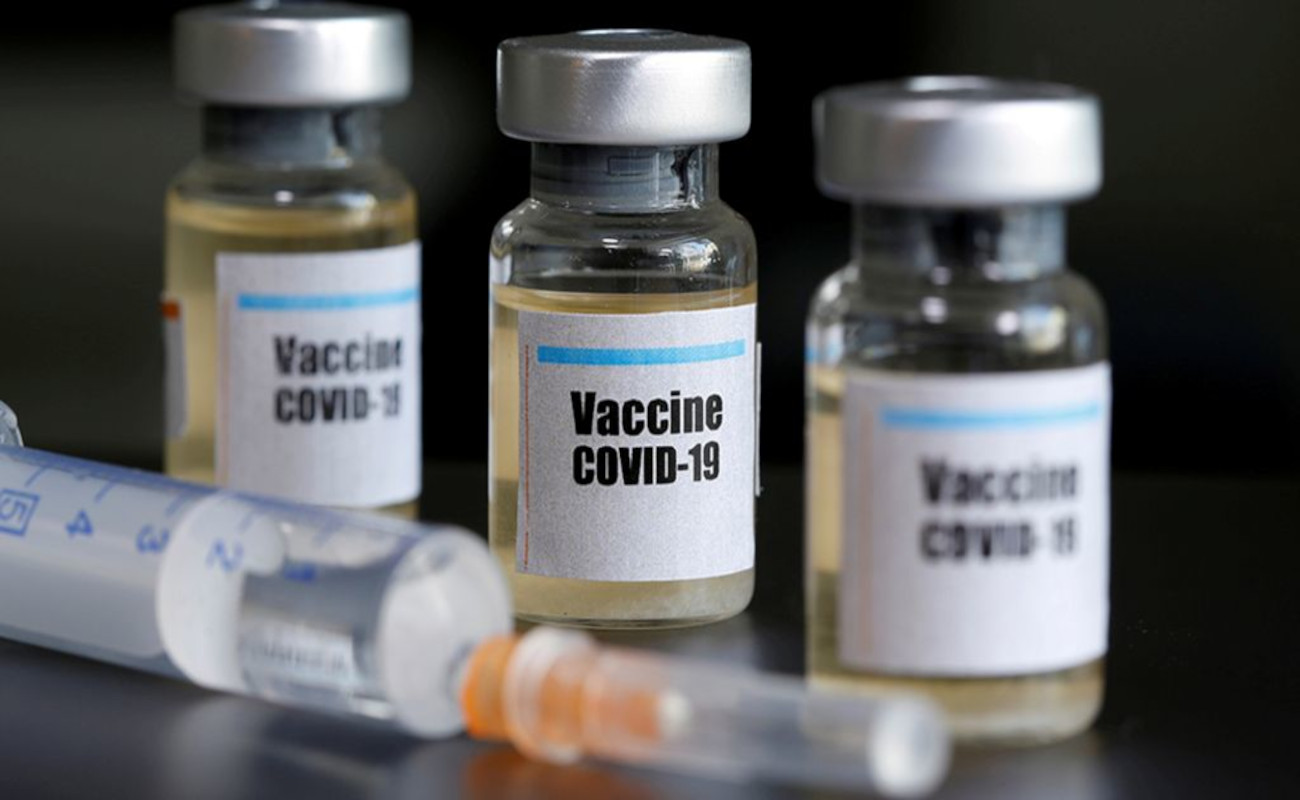Can you require your employees to get the Covid-19 vaccine?

As the Covid-19 vaccine is now available, more and more Americans are choosing to get vaccinated. The question of whether it is a good idea to require your workforce to get a Covid-19 vaccination is currently highly debated. Vaccination legislation is a hotly contested topic and we are in unchartered waters. The answer to this question varies depending on whom you ask.
According to the CDC’s website, the FDA does not mandate the vaccination federally, but says that states, local government, and employers may require mandated Covid-19 vaccinations. They go on to say that employers may mandate vaccines, but they are subject to their state laws.
The U.S. Equal Employment Opportunity Commission (EEOC) says that employers may require their employees to adhere to a mandatory vaccine policy and that the vaccine in itself does not constitute a disability status. Here is an excerpt that provides further information:
K.5. If an employer requires vaccinations when they are available, how should it respond to an employee who indicates that he or she is unable to receive a COVID-19 vaccination because of a disability?The ADA allows an employer to have a qualification standard that includes “a requirement that an individual shall not pose a direct threat to the health or safety of individuals in the workplace.” However, if a safety-based qualification standard, such as a vaccination requirement, screens out or tends to screen out an individual with a disability, the employer must show that an unvaccinated employee would pose a direct threat due to a “significant risk of substantial harm to the health or safety of the individual or others that cannot be eliminated or reduced by reasonable accommodation.” 29 C.F.R. 1630.2(r).
Employers should conduct an individualized assessment of four factors in determining whether a direct threat exists: the duration of the risk, the nature and severity of the potential harm, the likelihood that the potential harm will occur, and the imminence of the potential harm. A conclusion that there is a direct threat would include a determination that an unvaccinated individual will expose others to the virus at the worksite. If an employer determines that an individual who cannot be vaccinated due to disability poses a direct threat at the worksite, the employer cannot exclude the employee from the workplace—or take any other action—unless there is no way to provide a reasonable accommodation (absent undue hardship) that would eliminate or reduce this risk so the unvaccinated employee does not pose a direct threat.
If there is a direct threat that cannot be reduced to an acceptable level, the employer can exclude the employee from physically entering the workplace, but this does not mean the employer may automatically terminate the worker.
K.7. What happens if an employer cannot exempt or provide a reasonable accommodation to an employee who cannot comply with a mandatory vaccine policy because of a disability or sincerely held religious practice or belief?If an employee cannot get vaccinated for COVID-19 because of a disability or sincerely held religious belief, practice, or observance, and there is no reasonable accommodation possible, then it would be lawful for the employer to exclude the employee from the workplace. This does not mean the employer may automatically terminate the worker. Employers will need to determine if any other rights apply under the EEO laws or other federal, state, and local authorities.
So, the answer to the question of if an employer can mandate that employees have the COVID-19 vaccination is, yes they can. Now you will have to highly consider if you should make this a mandate even though you can legally do so. On the positive side, you may have to worry less about the safety of your business operations. However, some negative effects of making this a mandate include the fact that you may lose good employees if they do not wish to take the vaccine. You may also open yourself up to a lawsuit if an employee is terminated based on their refusal to take the vaccine based on a disability or religious beliefs and reasonable accommodation was not made.
Currently, employers in the healthcare and childcare arena mandate some vaccinations. The idea of mandating vaccinations in the workplace is not a new one. However, before you make this a policy, be sure to consult with an HR lawyer in your state. Each state has different laws. Many states have introduced legislation to attempt to stop employers from being able to mandate vaccinations. At this time, we are not aware of any such legislation that has been passed.
In conclusion, if unvaccinated employees do not pose a great risk to the overall operation of your business and the health and safety of others, we recommend that you do not mandate vaccinations if you can successfully operate with social distancing and protective gear. We do recommend informing your workers about the benefits of becoming vaccinated. There are just too many moving parts at this time when it comes to this topic and if you do not have to add another layer to your HR policies and practices, it is best if you do not at this time.
There are many considerations for circumstances which may arise as a result of COVID-19 in the workplace. We recommend you visit the EEOC website for more answers to questions you may have here.


